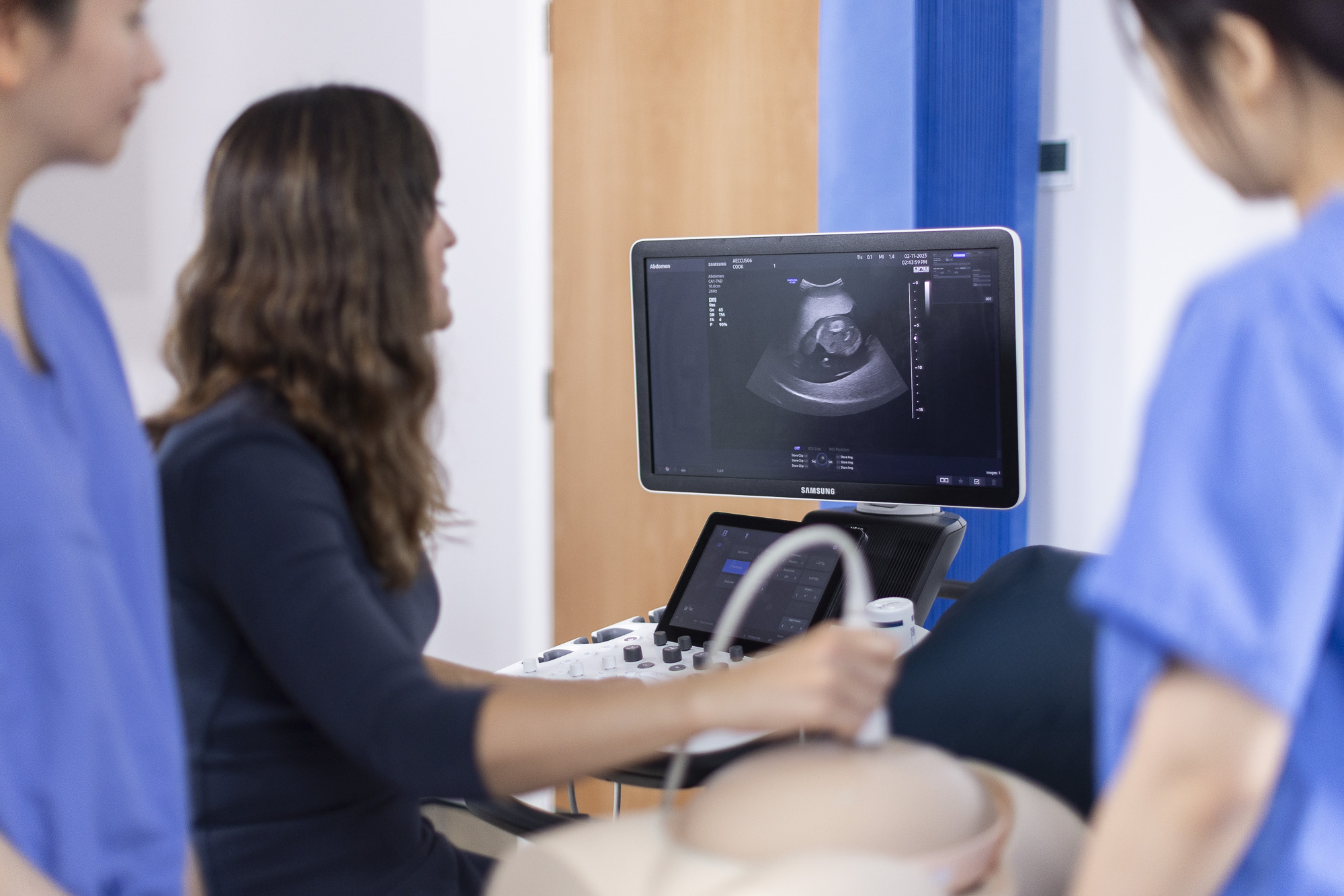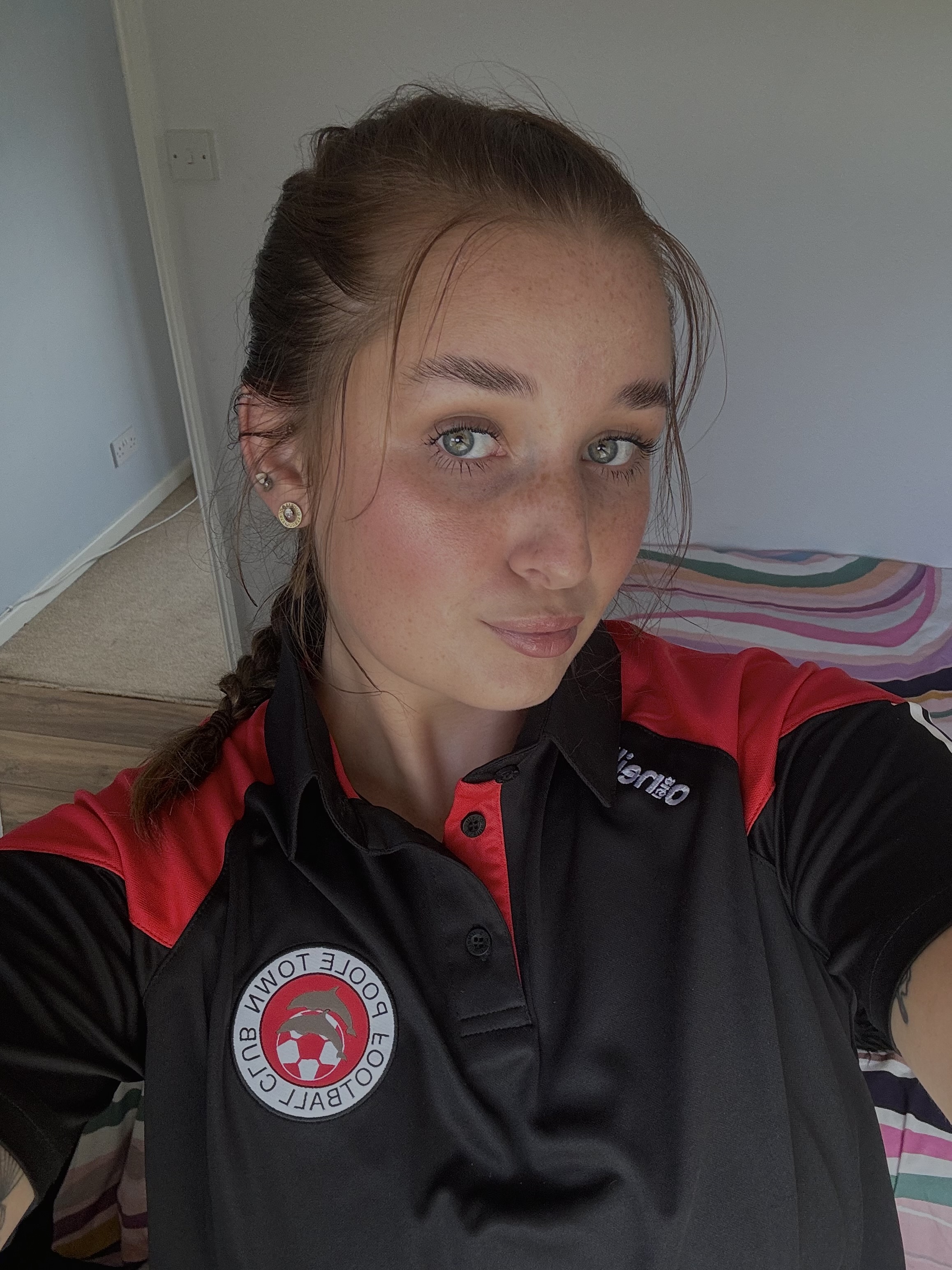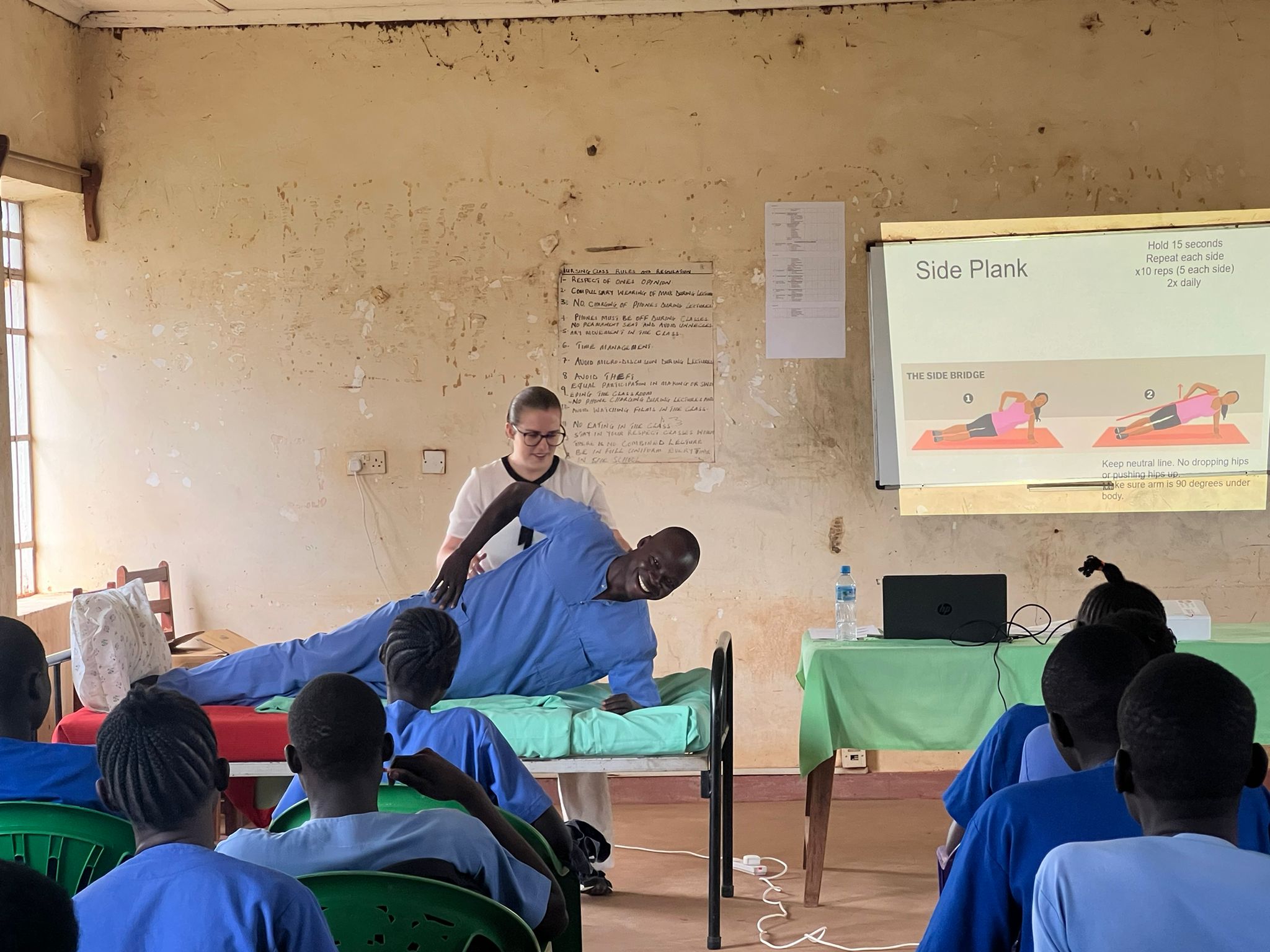Overview
1 Day
Registration: 09:00-09:30
Course Schedule: 09:30-17:30
Course Details
The course is designed for osteopaths, chiropractors and physiotherapists who manage patients with chronic obstructive pulmonary disease (COPD) as a comorbidity. The course will outline how manual therapy (MT) has the potential to improve the outcomes for people with COPD by focusing on two key extra-pulmonary symptoms: chest tightness and dyspnoea. The disease is also characterised by declining exercise capacity, a prognostic indicator for long-term survival in people with COPD. As exercise-limiting dyspnoea is a key driver in decreasing exercise capacity, applying MT to improve chest tightness can delay the onset of dyspnoea during exercise which creates the opportunity for improving exercise performance and capacity.
The course will cover the prevalence, staging and current management goals of COPD, the pathomechanics of breathing with COPD, choice of manual therapy (MT) techniques in COPD, how these techniques address changes in breathing mechanics, practical applications of these techniques, the benefits of exercise, and how combining MT with exercise has the potential to improve the prognosis for patients with COPD.
Pre-reading (recommended)
Engel R, Vemulpad S. The effect of combining spinal manipulation with exercise on the respiratory function of normal individuals: a randomized control trial. Journal of Manipulative Physiological Therapeutics. 2007;30: 509-13.
Engel RM, Vemulpad S, Beath K. Short term effects of combining manual therapy and exercise in people with moderate chronic obstructive pulmonary disease: a preliminary clinical trial. Journal of Manipulative Physiological Therapeutics. 2013; 36:490-496.
Engel RM, Gonski P, Beath K, Vemulpad S. Medium term effects of including manual therapy in a pulmonary rehabilitation program for chronic obstructive pulmonary disease (COPD): a randomized controlled pilot trial. Journal of Manual and Manipulative Therapy. 2016; 24: 80-89.
Engel RM, de Luca K, Graham PL, Farshchi MK, Vemulpad S, Byles J. Predictors of chronic obstructive pulmonary disease in women who never smoked: A cohort study. ERJ Open. 2022; 8:00532-2021.
Engel RM, Gonski P, Vemulpad S, Graham P. The long-term effect of exercise with and without manual therapy for mild chronic obstructive pulmonary disease: a randomized controlled trial. Journal of Cardiopulmonary Rehabilitation and Prevention. 2024;44: 257-265.
Engel RM, Baxter D, Muddle L, Vaughan B, Grace S. The use of respiratory patient reported outcome measures (PROMs) in the management of COPD: Perceptions of Australian osteopaths. Complementary Therapies in Clinical Practice. [Published online: 11 October 2024] DOI: 10.1016/j.ctcp.2024.101918
Course suitability
The course is suitable for osteopaths, physiotherapists, chiropractors and third and fourth year students
Time Table & Course Content
Learning objectives
By the end of the course, you will be able to:
• Better understand the different stages of COPD
• Recognise changes in breathing mechanics in people with COPD
• Choose a manual therapy technique that is appropriate for COPD
• Create a manual therapy treatment plan for someone with COPD
Timetable
09.00 – 09.30 Registration
09.30 – 10.30 Introduction, prevalence & classification of COPD
10.30 – 11.30 Musculoskeletal anatomy & pathomechanics of COPD
11.30 – 12.30 Current management strategies for COPD – case examples
12.30 – 13.30 Lunch break
13.30 – 14.30 Manual therapy (MT) techniques for COPD – how to choose
14.30 – 15.30 Exercise, its role in COPD management and outcome measures
15.30 – 16.30 MT & Exercise protocol – efficacy, adverse events, consent
16.30 – 17.30 Case-based scenario discussion
Osteopathic practice standards and other CPD elements covered
A) Communication and patient partnership A1, A5
B) Knowledge, skills and performance B1, B2, B3, B4
C) Safety and quality in practice C1, C6
D) Professionalism D3, D7, D10
Communication and Consent:
1 hour in total.
Information related to COPD-stage prognosis.
Information related to osteopathic intervention and its effect on COPD.
Model answers to commonly asked questions about this management approach.
Discussion around informed consent for all components of the intervention.
Objective Activity
The course includes discussion of several case-based scenarios.
This element accounts for a total of 1 hour of the course.
The format of the case-based discussions includes staged unveiling of presenting symptoms and signs of COPD, appropriate further investigations, management options, potential complications of intervention including adverse events, prognosis and consent.
Roger Engel is an Osteopath and Chiropractor with over 40 years’ experience in clinical practice in Australia, the US and Indonesia. He currently holds appointments at two Australian universities as an Adjunct Associate Professor in the Faculty of Health at Southern Cross University and Honorary Senior Research Fellow in the Faculty of Medicine Health and Human Sciences at Macquarie University. Roger is a clinician scientist with a PhD who has been involved in clinical research for more than 25 years. His research interests cover several fields including the non-pharmacological management of chronic respiratory disease, paediatric and maternal care, and more recently post-concussion syndrome. He has authored over 75 papers in peer-reviewed journals and supervises PhD and Masters by Research students.
How can I contact the organiser with any questions?
For more information contact the CPD team at cpd@uco.ac.uk.
You will be emailed information about the course approximately 1 week before the seminar.

Find the course that’s right for you
Get training and offer more to your patients and your practice.
We offer a range of continuing professional development (CPD) courses and short courses across the year for all those who wish to enhance their professional development and increase their skills.
Latest News
Discover and read all the latest news, press releases and happenings here at Health Sciences University.

In a move to address the growing global demand for highly skilled healthcare professionals, Health Sciences University (HSU) has announced a strategic partnership with Oxford International Education Group (OIEG).

Ella Sandever recently completed the Masters in Sports Rehabilitation and Therapy course. She now works at Poole Town Football Club in a full-time role as a Sports Therapist.

Jessica Mead recently graduated from the Master of Chiropractic course. Jessica flew to Yei, South Sudan, to help The Brickworks charity provide education to healthcare students and staff about back pain.

This November we celebrated the achievements of UCO School of Osteopathy graduates at London's Bridge Theatre.

HSU will be delighted to welcome students, staff, alumni and members of the public to attend the lecture by Professor Stewart Cotterill.

Hope Beales was recently awarded Student of the Year at the United Chiropractic Association (UCA) Chiropractic Essentials conference.

